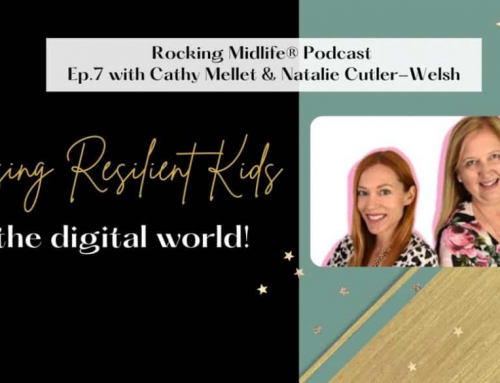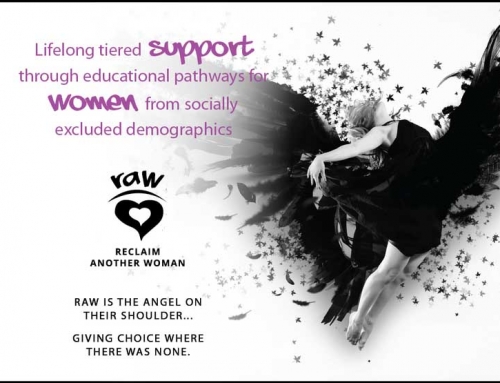Online networking and social networking sites are here to stay and will continue to play an ever increasing role in our young peoples | teenagers lives. It has been reported that email is “old” and communicating and staying in-touch via social networking is the way it is done. In light of this, I urge every parent to become more tech aware and hop on board the online train. As parents it is our responsible to provide our children with parental guidance and the online space is no difference.
Social media and social networking sites can present many great benefits and opportunities to our youth who participate with them but like any activity there are also associated risks and it is important for parents to help their children use these sites wisely.
I often refer to the book published and distributed by Parent Inc in Greenland (Auckland) which refers to some of the potential benefits as being:-
- Staying connected to friends.
- Collaboration with classmates on group projects.
- Developing new social contacts with peers with similar interests or outlook.
- Sharing content of self-expression such as art work and music .
- Developing and expressing your individual identity.
- Sharing of achievements.
- Communication with teachers, sports coaches and team mates.
But the downside and risks associated with our kids online social networking can be:
- Bullying online – “cyber bullying”,which is on the upswing. YES, cyber bullying, sexting, and other forms of online harassment. Consider this, 50% of children today are either bullied or bullying themselves. Yet only 7% of parents have any knowledge of this occurring, a very sad statistic.
- Sharing too much information, and genuinely and yet naively not understanding the impact of this over-sharing.
- Over exposing themselves and becoming vulnerable to predatory adults.
- Sharing photos or video that you later regret when they are about to apply for that bursary or first job.
- Being at risk of identity theft.
- Reduced amount of time for physical activity and thus not building appropriate muscles and strength that will be harmful during the later years.
- And yes, if online harassment or rejection occurs, such as “de-friending,” during your child’s formative years, a deep sense of rejection from society may be an emotional consequence.
Tips for children’s online safety
So what are a few things that you can do to keep and improve your children’s online safety? Firstly discuss this topic freely with your children and you’ll find a few suggestions below.
- Keep control of their information by restricting access to their social networking pages and accounts such as Skype. You control the passwords or at the very least, you know what the passwords are.
- Make sure your children set their privacy settings, review these.
- Discuss the importance of keeping their full name, address, telephone number, bank details private. Do not share them, and certainly don’t share your password with your best friend.
- Make sure that they understand that they should only share information that they would be comfortable with everyone seeing. In a discussion I had a couple of weeks back with a teenage school going child. This child was happy to share very personal details online yet did not have any connection with the “online friend” in the day to day environment. After a little bit of a chat and covering the impact of this information sharing. They had a better understanding of the impact of the social online activity.
- Be able to talk to their parents before considering meeting anyone face to face they have met on line. Do they understand the risks associated with this?
- Monitor their online Internet usage and limit the time. I was saddened the other day to hear a young girl explain to her parents that she felt pressurised to answer texts and communication immediately when her friends connected with her online.
- Kindness counts. If you won’t say something to someone when with them, don’t say it online. Remember that online communication doesn’t allow for tone, body language or facial cues
It is important to understand and support our children in this online world where they need to develop the skills and understanding of how to maximise the opportunities that this online social networking world brings yet minimises the risks.
Young people need support and education to develop the skills needed to understand the risks and opportunities of social networking sites so talk to your child before they sign up for an account about:
- The rules in your household on social networking sites
- The monitoring you will do on their Internet usage
- The limits on time allowed on these sites that may occur if their usage interferes with family time or external social activities.
- Have that discussion, think before they post.
- And yes, as already mentioned. Kindness counts.
But how do I help my children? Start with your own account and learn and experiment.
Did you know….Fact | Facebook won’t let kids have sites if they’re under 13.
For any questions or feedback on this article relating to children’s online safety please contact Cathy at Net Branding.
To receive my monthly newsletter.
Be Heard, Be Seen, Be Found On Line.






